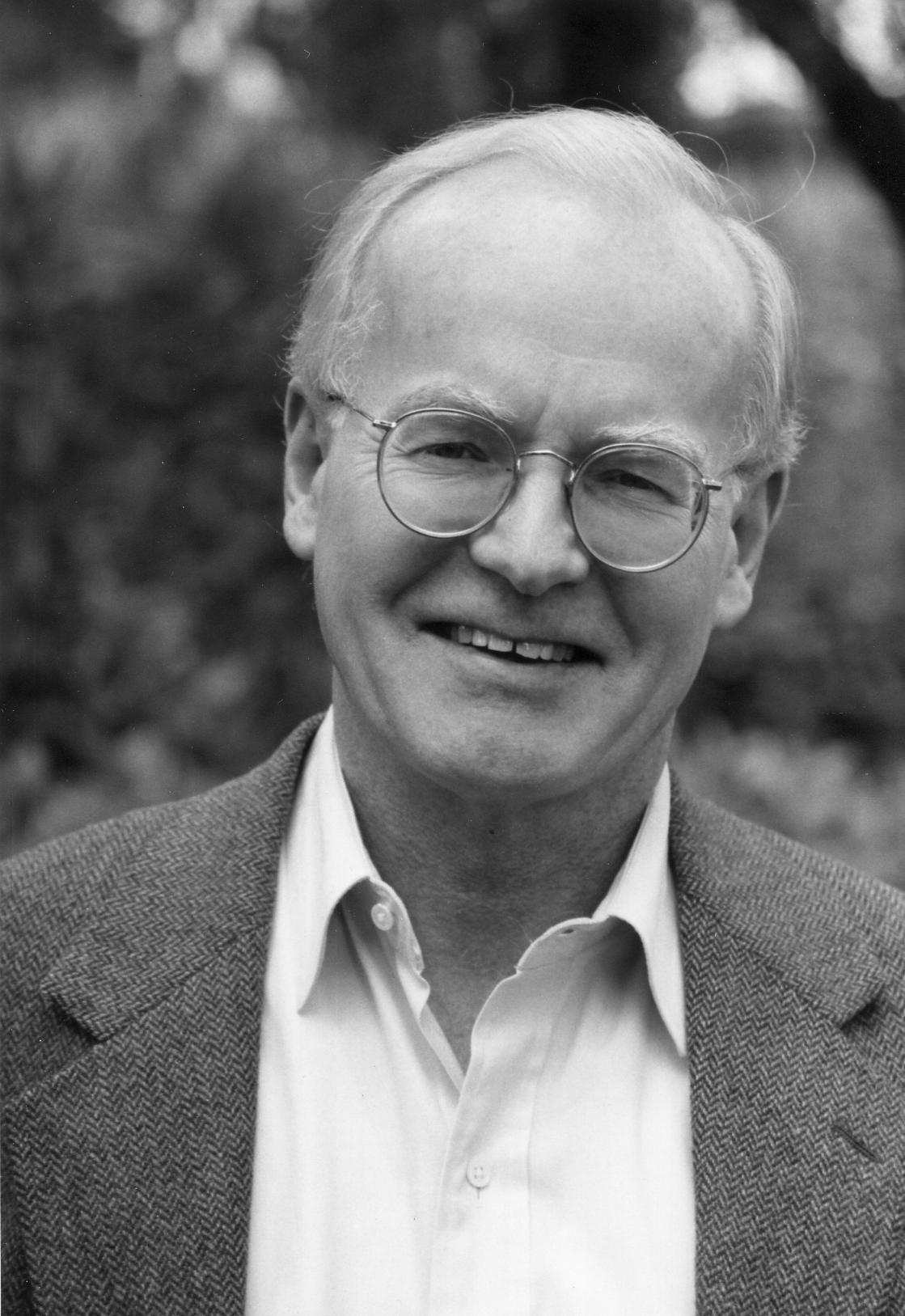
AnthonyFlood.com
Panentheism. Revisionism. Anarchocapitalism.

[link to CV]
Panexperientialist Physicalism
and the Mind-Body Problem
I: The Conceptual Dimension of the Problem
As pointed out by David Chalmers (1995, p. 200), the “mind-body problem” or the “problem of consciousness” is not simply one problem but many, and to make progress it is essential to get clear on exactly which problem we are addressing. The fundamental distinction to be made, I suggest, is that between the various scientific or empirical problems, on the one hand, and the strictly philosophical or conceptual problem, on the other.
The conceptual problem can be formulated neutrally as the question, “How is it conceivable that conscious experience arises from the brain?” This problem, however, is not usually understood merely in this neutral way, but in terms of the “brain” under a particular construal: especially since the time of Galileo and Descartes, the brain has; been understood to be composed of insentient (nonexperiencing) entities.
Having said that consciousness is “the hard nut of the mind-body problem,” Colin McGinn (1991, p. 1) provides an example of this nonneutral construal of the problem, asking: “How could the aggregation of millions of individually insentient neurons generate subjective awareness?” This speculative presupposition, which is shared by materialists and dualists alike, is what turns the mind-body relation into the mind-body problem as usually understood, namely: how could (conscious) experience conceivably arise out of that which is totally devoid of experience? Given this nonneutral, speculative formulation, the mind-body problem is intractable. In Thomas Nagel’s (1979, pp. 188-9) terms: “One cannot derive a pour soi from an en soi . . . . This gap is logically unbridgeable.”
The distinction between the empirical and the conceptual problems corresponds closely to Chalmers” distinction between the “easy” problems and the “hard” problem. The latter, furthermore, seems divisible into neutral and nonneutral aspects. The first aspect is simply the (neutral) question as to why we (and evidently other organisms) have conscious experience. This question is rightly said to be different in kind from all the empirical questions, which are “problems about the observable behaviour of physical objects” (1995, pp. 203, 209). This aspect of the problem is said to make it “hard” in the sense that it is not “directly susceptible to the standard methods of cognitive science” (p. 200).
It is the second aspect of the conceptual problem, however, that seems to lie behind Chalmers” claim (p. 200) that “there is nothing harder to explain”: after endorsing Nagel’s characterization of states of experience (“there is something it is like to be them”), Chalmers (p. 201) asks: “Why should physical processing give rise to a rich inner life at all? It seems objectively unreasonable that it should.” That statement seems to presuppose (for the sake of stating the really hard problem) the speculative view of McGinn (and almost everyone else) that brain activity consists of processes that are “physical” in the sense of being wholly insentient, completely devoid of any inner, experiential reality. That assumption does indeed make it “objectively unreasonable” that conscious experience should arise.
Chalmers is absolutely right that the empirical and conceptual dimensions of the problem of consciousness are different in kind, and that much confusion and wasted effort have resulted from the failure to recognize that methods appropriate to the former dimension are in principle not sufficient to deal with the latter. No amount of empirical data can by itself solve a conceptual problem. I would not agree, however, with Chalmers” characterization of the two dimensions as (respectively) the “easy” and the “hard” problems.
On the one hand, some of the empirical problems will surely prove to be extremely difficult: Even Chalmers” (p. 201) statement (in relation to his caveat that “easy” is a relative term) that some of these problems “will probably take a century or two” may well turn out to be optimistic—and this point is in addition to the fact that, as E. J. Lowe (1995) has argued, these problems are not really separable from the problem of phenomenal experience.
On the other hand, the basic conceptual problem, if soluble at all, can be solved from the armchair (although empirical discoveries may help suggest the key to the basic problem and may even, when it comes to working out the details of a constructive position, prove to be essential). Whether it is soluble depends, as it were, upon the perspective allowed by one’s particular armchair. In other words, the conceptual problem, rather than being hard, is either relatively easy or completely intractable, depending upon the philosophical assumptions with which it is approached.
The idea that the conceptual problem is intractable, given the hitherto dominant assumptions, has been gaining ground. Dualists and materialists have, of course, always held the problem to be intractable from each others” starting-point.
Recently, however, the apparent intractability of the problem from their own perspective as well has been confessed by some representatives of both materialism (McGinn, 1991, pp. 1-2,7; Robinson, 1988, p. 29) and dualism (Lewis, 1982, pp. 38-9; Madell, 1988, pp. 2, 140-1), including epiphenomenalism (Campbell, 1984, p. 131).
If the problems of mental causation and freedom are considered integral to the mind-body problem (as they should be), then more names are on the list of those speaking of intractability (Kim, 1993, p. 367; Nagel, 1986, pp. 110-7, 123; Searle, 1984, pp. 86, 98). In formulating this more inclusive version of the problem, John Searle (1984, p. 13) succinctly brings out the presupposition that makes it intractable (although he considers this presupposition an established scientific fact, not a metaphysical speculation):
We think of ourselves as conscious, free, mindful, rational agents in a world that science tells us consists entirely of mindless, meaningless physical particles.
My position is that these philosophers (along with the eliminativists) are correct: given the (Cartesian) assumption, shared by dualists and materialists alike, that the ultimate units of nature are wholly devoid of experience and spontaneity, it is impossible to make sense of consciousness and freedom.
II: A New Approach and its Problems